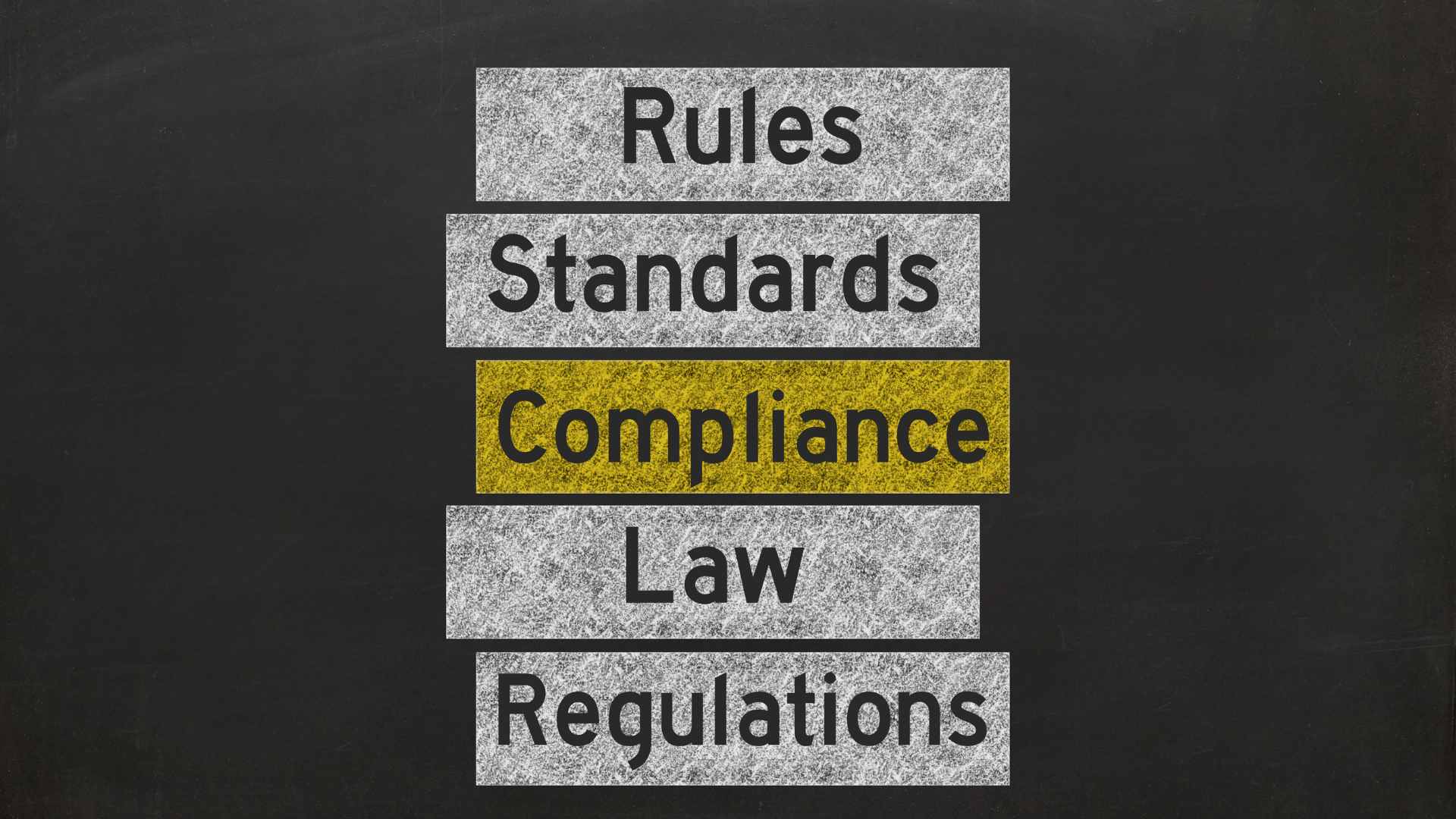VIEW BY TOPIC
- Finding Customers
- Business Systems
- Managing Employees
- Leadership
- Managing Money
Related Posts

Ready to Grow Your Business Fast?
Here’s How I Grew Five Businesses, and Eventually Sold One to a Fortune 500 Company.

Part of building a successful business is constructing a fantastic team to support you. But as your business and team grow, the ad-hoc opportunities to talk with your employees will reduce. That’s why it’s vital that you stay connected with your individual team members and arrange regular meetings. Here, company formation agent Rapid Formations look at how you can do this if you conduct 1-2-1s.
Schedule in advance and do not postpone
As a business owner or manager, you’ll be regularly pressed for time, but try and arrange monthly 1-2-1s with every team member who reports directly to you. Send out a recurring meeting request and do your absolute best never to postpone, or worse, just forget and let the 1-2-1 slip by without any mention of it.
How long each 1-2-1 takes will depend on the employee and how much you want to discuss, however, always try and block out 1 hour of your calendar so employees feel that they have been given ample time and are not cut short.
Whether or not 1-2-1s are conducted face-to-face or remotely will depend on working arrangements, although if a team member does spend time both in and outside of the office, try and schedule them for when they are physically present, as in-person 1-2-1s are generally more productive.

Always be positive when you conduct 1-2-1s
The 1-2-1 should be seen as an opportunity to discuss what has gone brilliantly and areas that can be improved (if there are any). In both instances, come prepared with examples. Say what impressed you about a specific piece of work and how that will help the business. If an improvement can be made, don’t tell the employee what they did wrong, instead explain how they can approach a similar task next time round.
A 1-2-1 should not be the environment to conduct any form of disciplinary procedure. In the unfortunate event that is ever required, set aside a separate time for this.
Make time for the personal
As covered above, a 1-2-1 is a good time to discuss work but it should not be focused solely on this. Dedicate time in each meeting to ask how life is outside of the office. Find out how their family are getting on, what TV shows/podcasts they’re enjoying, discuss their weekend or upcoming holidays – anything that can help you build a personal connection.
As a business owner, it’s all too easy to be perceived by your employees as ‘the boss’ whose only focus is on ensuring the success of the business. The 1-2-1 is your chance to demonstrate that you see your team members as people too, not just cogs in your system.
Not only will this connection help foster a positive company culture, but it will also allow staff to talk openly with you if they are experiencing problems (at work or at home), providing you with the opportunity to help them.
Welcome challenging conversations
1-2-1s are only effective if they’re seen as a safe space for your team members. With that in mind, invite honest feedback from employees on all areas of your business. This could be about a service you provide, a new HR initiative or even your own management style.
As the name suggests, 1-2-1s should be a two-way conversation. You will need to open yourself up to uncomfortable feedback, so don’t get angry or defensive when you do receive negative comments. In these scenarios, it’s important to be receptive, thank the employee for their honesty and then, if possible, take the necessary steps to fix any problems.
Always follow-up when you conduct 1-2-1s
Take notes when appropriate during your 1-2-1s, and if any action points arise, ensure that you react accordingly as soon as possible. Failure to act will belittle the 1-2-1 format and lead to your team questioning their worth.
Whether it’s a discussion that you need to have with another employee, an update to a service following a suggestion or perhaps a new benefit for your team, demonstrate that 1-2-1s can be tools for change and take appropriate action when necessary – and keep the employee in question in the loop.
Thanks for reading
So, there you have it, how to conduct 1-2-1s with your employees.
There will be times when your calendar is packed and an upcoming team-member meeting feels like a burden, however, by following our tips and generally embracing 1-2-1s, you can ensure your employees feel listened to and valued, and help your business improve at the same time.
Rapid Formations are the UK’s premier company formation agent. They can assist you in turning that business idea into an actual limited company, in just a matter of hours. Take a look at their company formation packages now.














